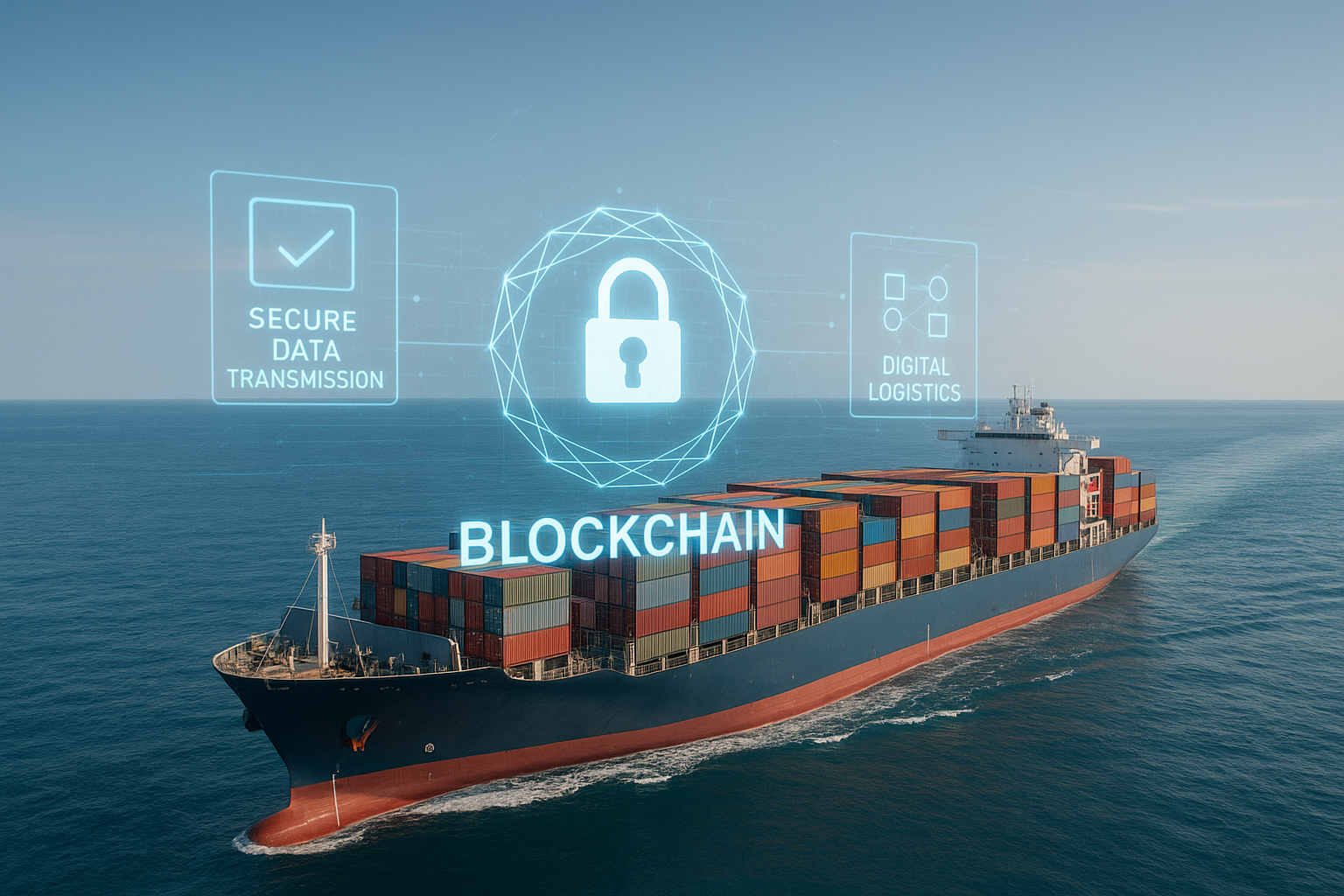
Blockchain in Maritime: How Digital Technology is Transforming Shipping Logistics
The Paper Trail Nightmare is Finally Ending
What is Blockchain, Anyway?
- Immutability: Once something is recorded on the blockchain, it can't be changed or deleted. This makes it perfect for important documents like bills of lading.
- Transparency: Everyone involved in a transaction can see the same information, reducing disputes and improving trust.
- Decentralization: No single company controls the blockchain, making it more secure and less vulnerable to attacks or manipulation.
- Smart Contracts: These are self-executing contracts that automatically carry out terms when certain conditions are met.
Digital Bills of Lading: The Game Changer
- Instant Transfer: The document is created digitally and transferred instantly to all parties involved. No more waiting for mail or courier services.
- Tamper-Proof: Once created, the document can't be altered or forged. This eliminates fraud and disputes.
- Automatic Verification: The system can automatically verify that the person claiming the cargo is the rightful owner.
- Cost Savings: No more printing, mailing, or storing paper documents. The savings can be substantial for companies that ship thousands of containers.
Smart Contracts: The Future of Maritime Agreements
- Release Payment: When the ship arrives at the destination port and the cargo is verified, the payment is automatically released to the shipping company.
- Trigger Insurance: If the ship encounters bad weather or other problems, the insurance claim could be automatically triggered based on data from weather services and ship sensors.
- Handle Compliance: The contract could automatically ensure that all environmental regulations are met and report compliance to relevant authorities.
- Manage Disputes: If there's a disagreement, the smart contract could automatically refer it to arbitration or mediation based on predefined rules.
Supply Chain Transparency: Seeing Everything
- Faster Problem Resolution: When something goes wrong, you can quickly identify the cause and take corrective action.
- Better Quality Control: You can track the conditions that cargo was exposed to, ensuring quality standards are met.
- Improved Customer Service: Customers can track their shipments in real-time, reducing anxiety and improving satisfaction.
- Regulatory Compliance: Authorities can easily verify that regulations are being followed and identify violations.
Real-World Applications
The Benefits Are Massive
- Cost Savings: Eliminating paper documents and reducing intermediaries can save companies millions of dollars per year. Some estimates suggest savings of 15-20% on logistics costs.
- Speed and Efficiency: Digital processes are much faster than paper-based ones. Cargo can be processed and released in minutes instead of days.
- Reduced Fraud: Blockchain's tamper-proof nature makes it much harder to forge documents or commit fraud.
- Better Compliance: Automated compliance checking ensures that regulations are followed and reduces the risk of penalties.
- Improved Trust: Transparency and immutability build trust between parties, reducing disputes and improving relationships.
The Challenges Are Real
The Future of Blockchain in Maritime
What This Means for Maritime Careers
Getting Started with Blockchain in Maritime
Frequently Asked Questions
The cost varies depending on the size and complexity of the operation, but most implementations cost between $100,000 and $1 million. However, the cost is usually offset by savings from reduced paperwork and improved efficiency.
Yes, blockchain is generally more secure than traditional systems because it's decentralized and tamper-proof. However, like any technology, it needs to be implemented correctly and maintained properly.
Most experts predict that blockchain will become standard in maritime logistics within the next 5-10 years. The technology is already being adopted by major shipping companies and ports.
Conclusion
Share This Article
Related Articles
Continue reading with these related articles

Maritime Artificial Intelligence: AI Applications in Shipping and Port Operations
Discover how artificial intelligence is transforming maritime operations. Learn about AI applications in shipping, port management, predictive maintenance, and maritime automation.

Maritime Drones and UAVs: How Unmanned Aircraft Are Changing Ship Operations
Discover how maritime drones and UAVs are revolutionizing ship operations. Learn about ship inspection drones, maritime surveillance, and unmanned aircraft in shipping.

Autonomous Ships: The Future of Unmanned Maritime Transportation
Discover how autonomous ships are revolutionizing maritime transportation. Learn about unmanned vessels, AI navigation systems, and the future of crewless shipping operations.

The Future of Maritime Technology: How AI, Automation, and Green Tech Are Revolutionizing Shipping
Explore how artificial intelligence, automation, and green technology are transforming the maritime industry. Discover autonomous ships, smart ports, and sustainable shipping innovations.
© 2025 The Salty Mariner. All rights reserved.
